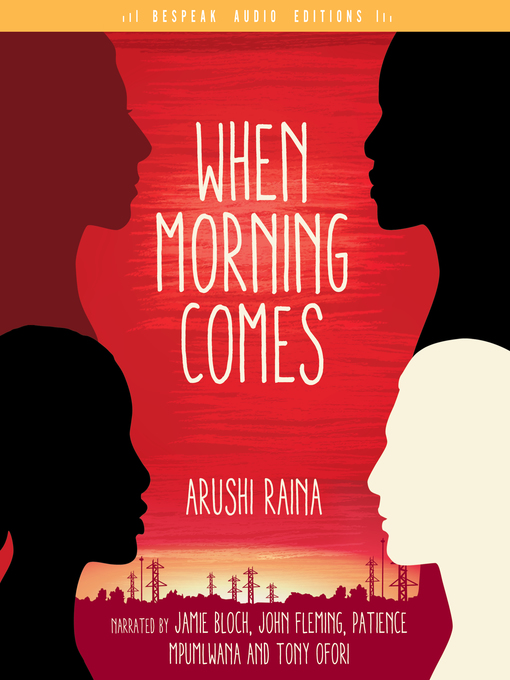It's 1976 in South Africa, and four young people are living in Johannesburg and its black township, Soweto: Zanele, a black female student organizer; Meena, a South Asian girl working at her father's shop; Jack, an Oxford-bound white student; and Thabo, a teen-gang member, or tsotsi. From each of their points of view, this book explores the roots of the Soweto Uprising and the edifice of apartheid in a South Africa about to explode.
Introducing readers to a remarkable young literary talent, When Morning Comes offers an impeccably researched and vivid snapshot of South African society on the eve of the uprising that changed it forever.
Bespeak Audio Editions brings Canadian voices to the world with audiobook editions of some of the country's greatest works of literature, performed by Canadian actors.




